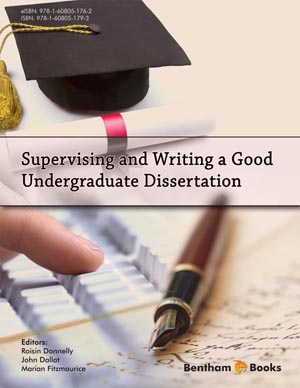Abstract
The developments of the mass-university and academisation of professional education have reshaped the core activities of what to teach and how to teach. Although the content of teaching at universities has changed considerably since the late 1960s, how the actual teaching has been conducted has not evolved in the same manner. This has changed only in the last two decades. In the article it is argued that the changes of teaching have been motivated not by criteria formulated inside the academic system, but by external forces, embedded in the diversified movement called New Public Management. The state has approved the introduction of market-like steering mechanisms. As a result, the state loses direct control over how the work is carried out in the public sector, but it regains control by means of the development of comprehensive instruments for control and evaluation which challenge the timehonoured autonomy of professionalism. In the wake of the new management technology, the state has shifted from an advocate of dynamic research and education to a controller of them. One consequence, if this development continues, is that the former student at the university is reshaped into a grown-up pupil.
Keywords: Teaching, Higher Education, New Teaching Ideology, Student- Centred Learning, Management, Discretional Logic, Professional Education, Excellence, Policy-Control, Academisation, Academic World, New Public Management, NPM, Commercialisation, Biggs, Tang, Students.













